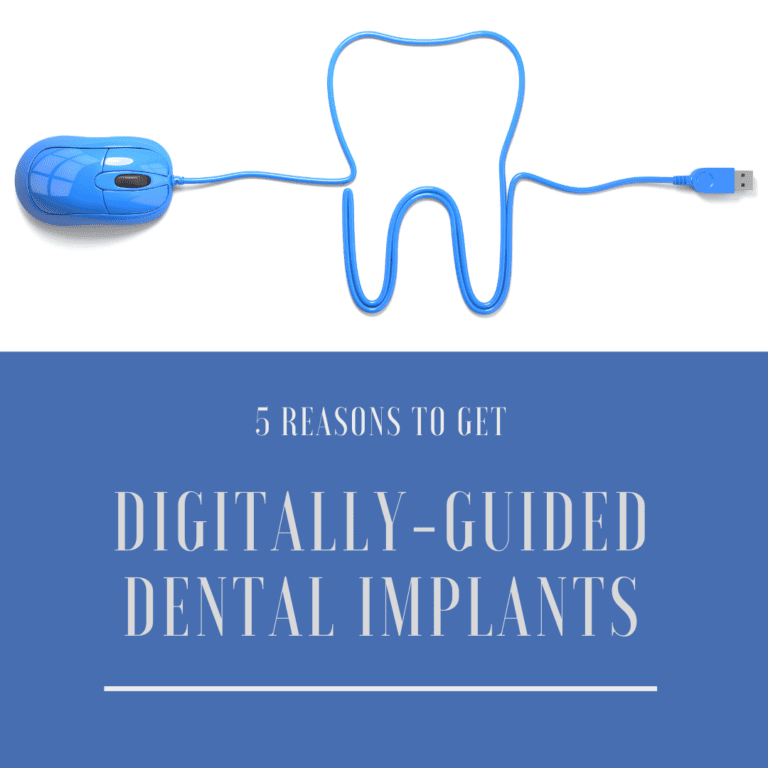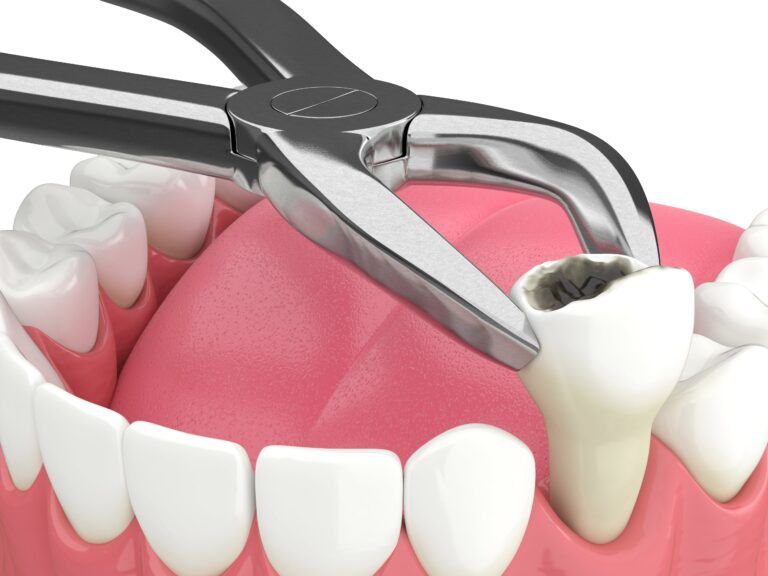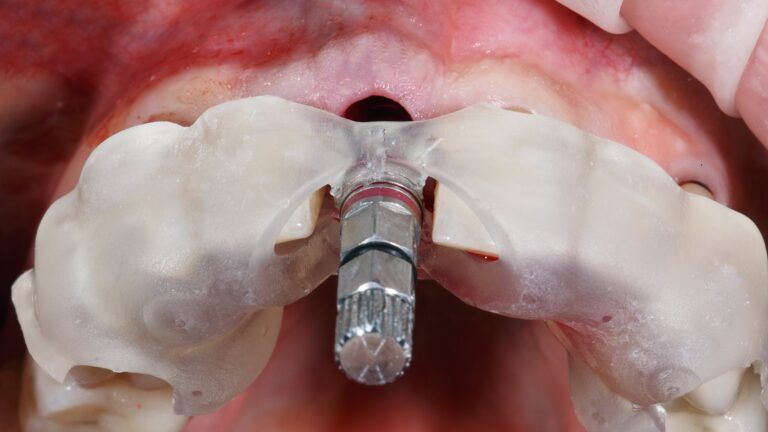It is truly amazing to see how far dental technology has come, especially in terms of tooth replacement options. Although removable dentures were primarily used to replace a mouthful of missing teeth, implant-supported dentures are quickly becoming the norm. However, even dental implants have evolved over the years to become better tooth replacement options.

Not only have the implants themselves become more functional and aesthetic over time, but the implant procedure has also improved over the years. In fact, recent advances in dental implant technology have made getting dental implants easier and more successful than ever before. This is because many implant specialists now use digitally guided implant surgery to place dental implants.
Digitally guided implants allow for detailed treatment planning, which reduces the risk of surgical complications and increases the likelihood of treatment success. During a digitally guided implant procedure, your implant dentist will use a surgical template developed by the computer software and printed on a 3-D printer. This template is custom-fabricated based on anatomical information obtained before your surgery.
Here are some reasons why you should consider seeing an implant dentist who offers digitally guided dental implants:
Minimally Invasive
Some people are hesitant to have dental implants placed because they require a minor oral surgery to place the implants into the jawbone. Although surgery is a necessary step of having dental implants placed, guided implant surgery is less invasive than traditional implant surgery. Generally speaking, guided implant surgery minimizes the amount of bone grafting needed, requires less anesthesia, and localizes the treatment area. Most implant dentists also use a flapless surgical technique when performing guided implant surgery, which does not require sutures.
Greater Accuracy & Treatment Planning

Before even starting your implant surgery, your dentist will obtain computerized tomography (CT) images of your mouth and the surrounding area. These images are highly detailed and contain visual information about the bones, nerves, blood vessels, and soft tissues around the treatment area. These images are then used in coordination with computerized software so that your implant dentist can digitally place your implants and then examine the surrounding structures. They can make adjustments as needed so that the implants can be placed in an ideal position that works best for your individual anatomy. However, all of this takes place before your actual implant surgery.
Lets You Preview Results
Since your dentist can use computer software to create a unique, detailed treatment plan, they are also able to show you the predicted results. In some cases, your implant dentist may also be able to show you different treatment options, as well as their predicted results. Not only does this allow you to be more involved in the development of your treatment plan, but it allows you to make more educated decisions for your oral health.
Allows for Same Day Teeth
Another major benefit of guided implant surgery is that the computer information used to plan your treatment can also be used to fabricate an immediate prosthesis. Basically, since your dentist can use computerized software to accurately predict the final treatment outcome, they can also use this information to fabricate your implant-supported prosthesis. This means that you will be able to leave your dentist’s office with an entirely new set of teeth.
Easier Recovery
One final benefit of computer-guided implant surgery is that the recovery process is easier and quicker. This is because computer-guided implant surgery can be completed with extreme precision that localizes the treatment site and prevents the surrounding structures from also being affected. Additionally, most computer-guided procedures utilize a flapless surgical technique, which is minimally invasive and does not require sutures. Since sutures can trigger the production of histamines and prostaglandins, which are associated with postoperative swelling and pain, the absence of sutures means that there will be less postoperative swelling and pain.

Irfan Atcha, DDS, DICOI, DADIA at New Teeth Chicago Dental in Chicago, Illinois is a board-certified general dentist and a nationally recognized expert in dental implants, cosmetic dentistry, and sedation dentistry. Dr. Atcha is now serving patients in Naples, Bonita Springs and SW FL area with All-on-4 implants, teeth-in-a-day, same day dental implants and the complex zygomatic dental implants for the no-jaw bone solution approach. To schedule a consultation please email Dr. Atcha at teethforyou@gmail.com.





